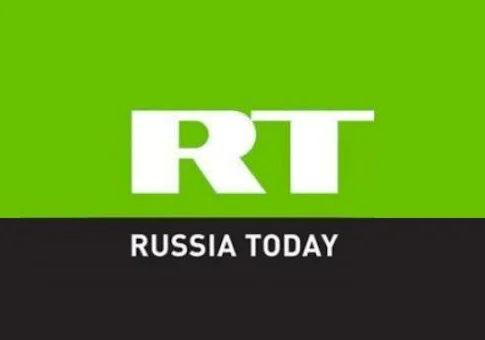
Make it stand out
What’s been happening?

Genetic enhancement is the next big problem for sport
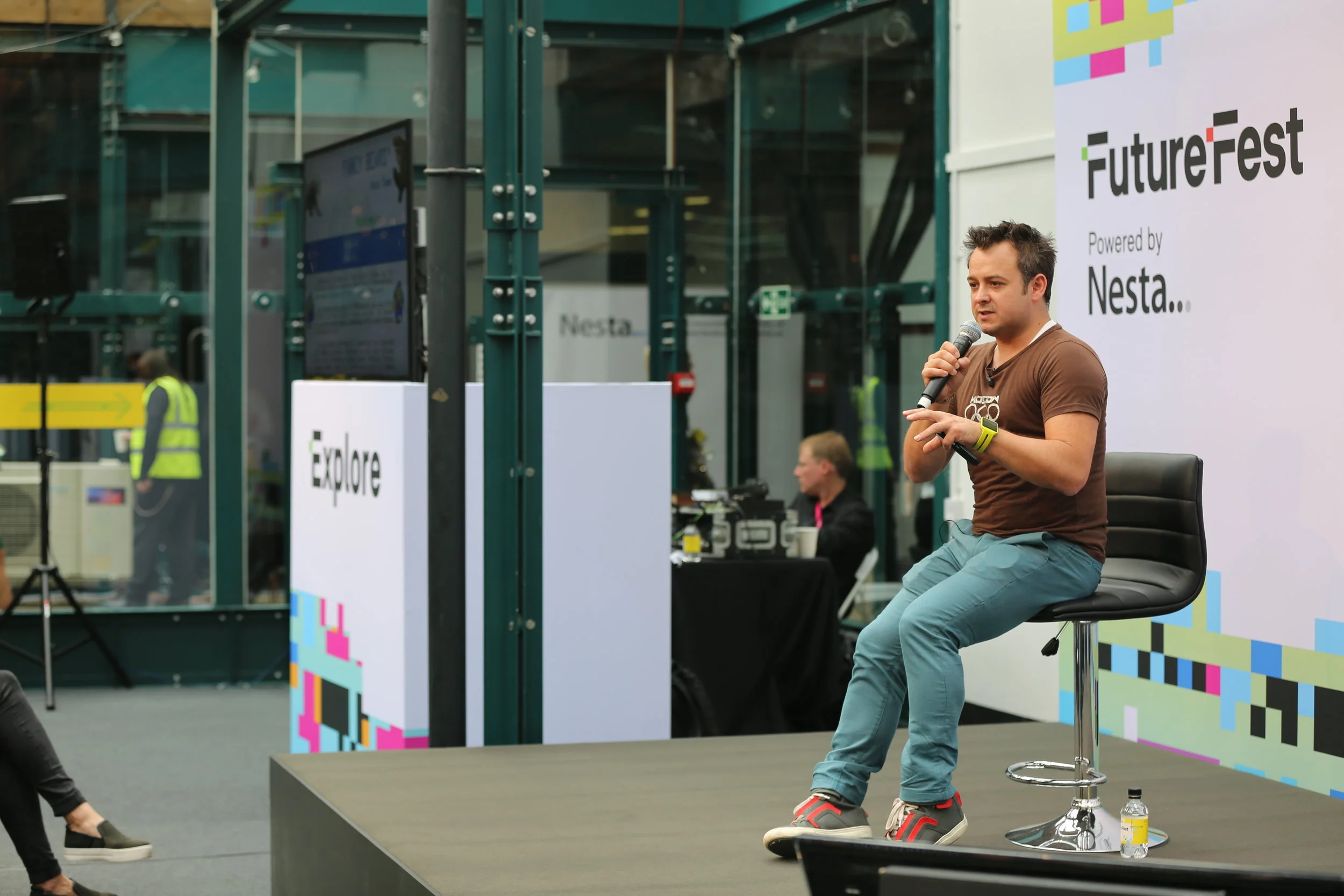
Higher, Faster, Enhanced?
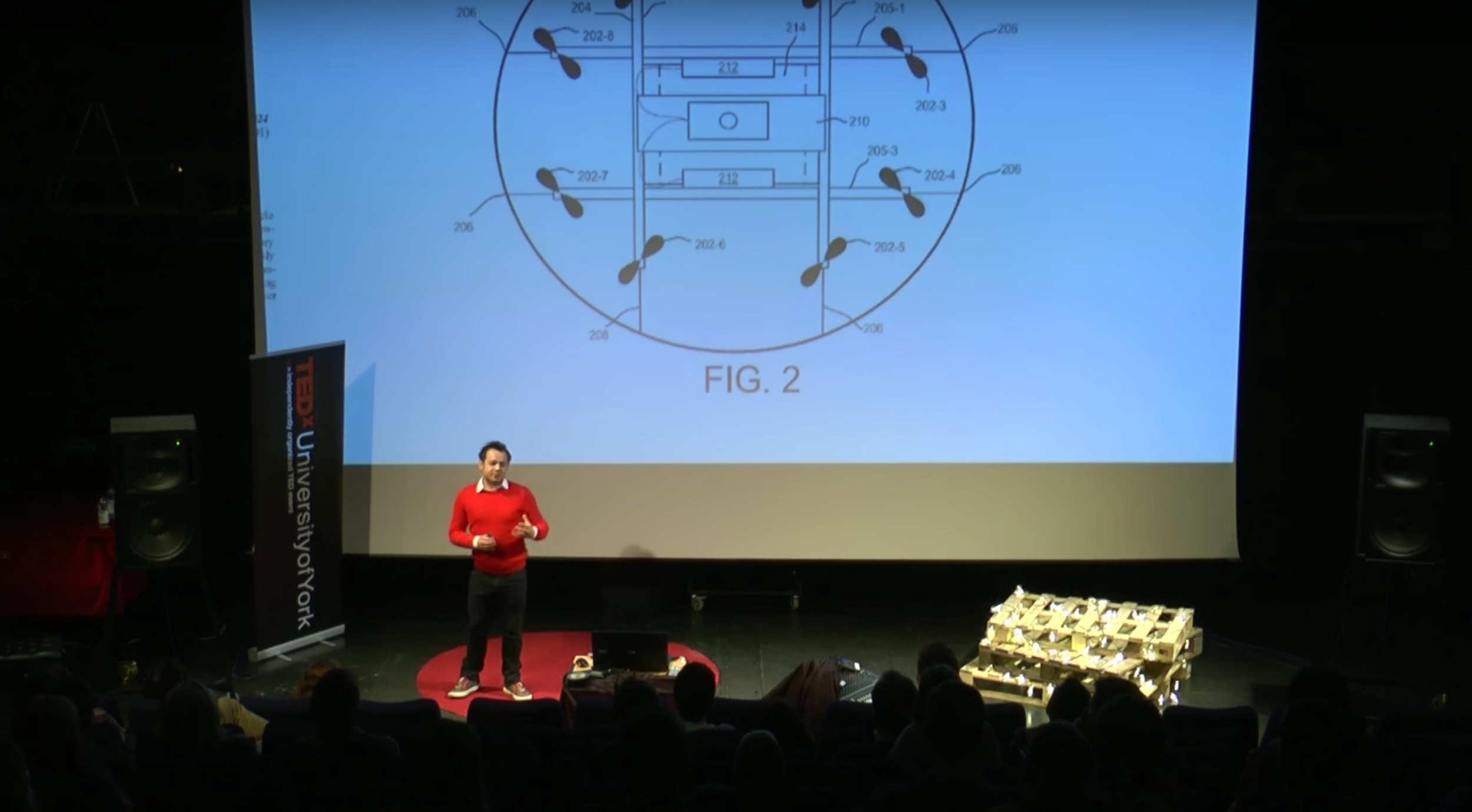
A Drone's Eye View of the Future
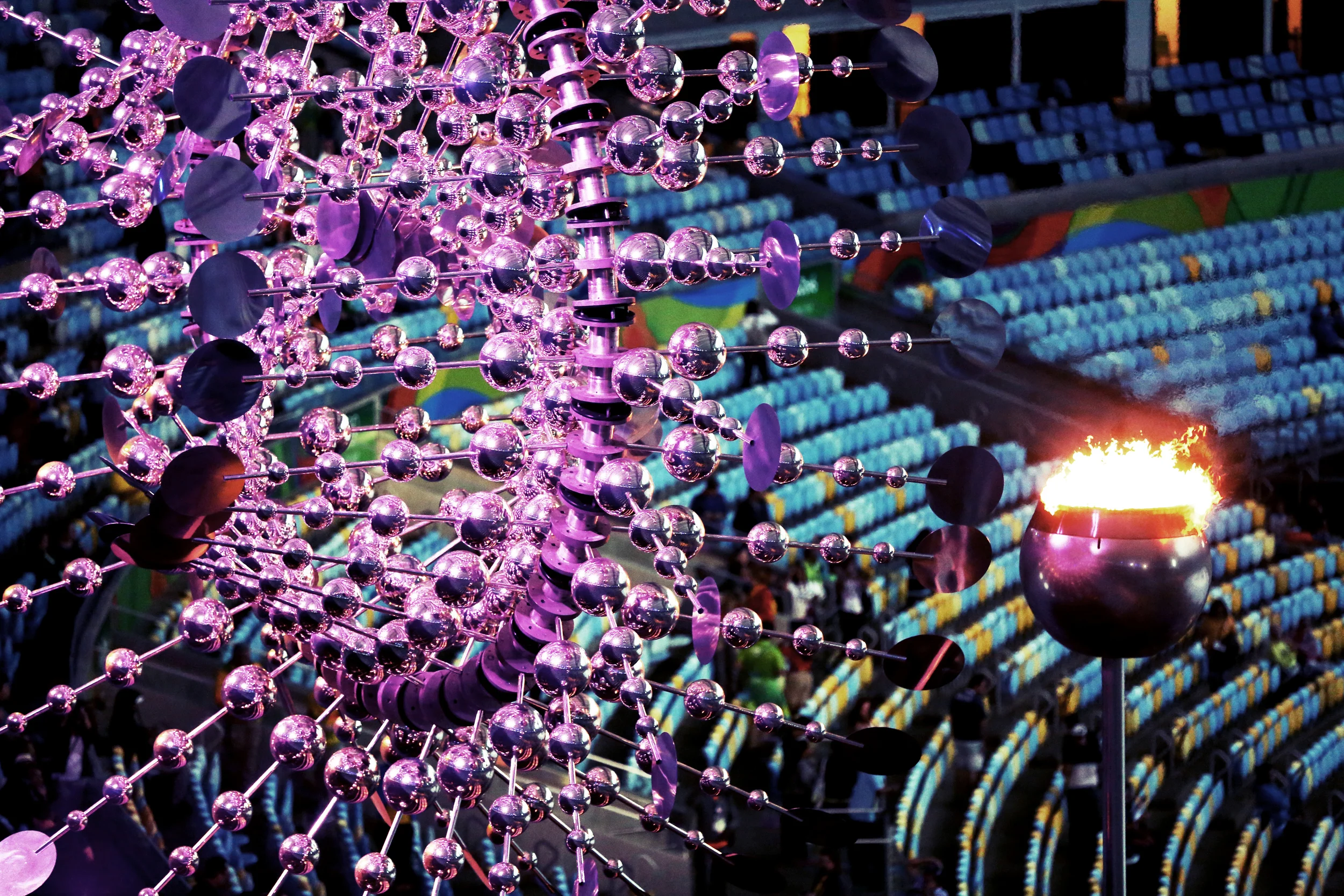
My Rio 2016 Research

Life inside Rio's Largest Favela
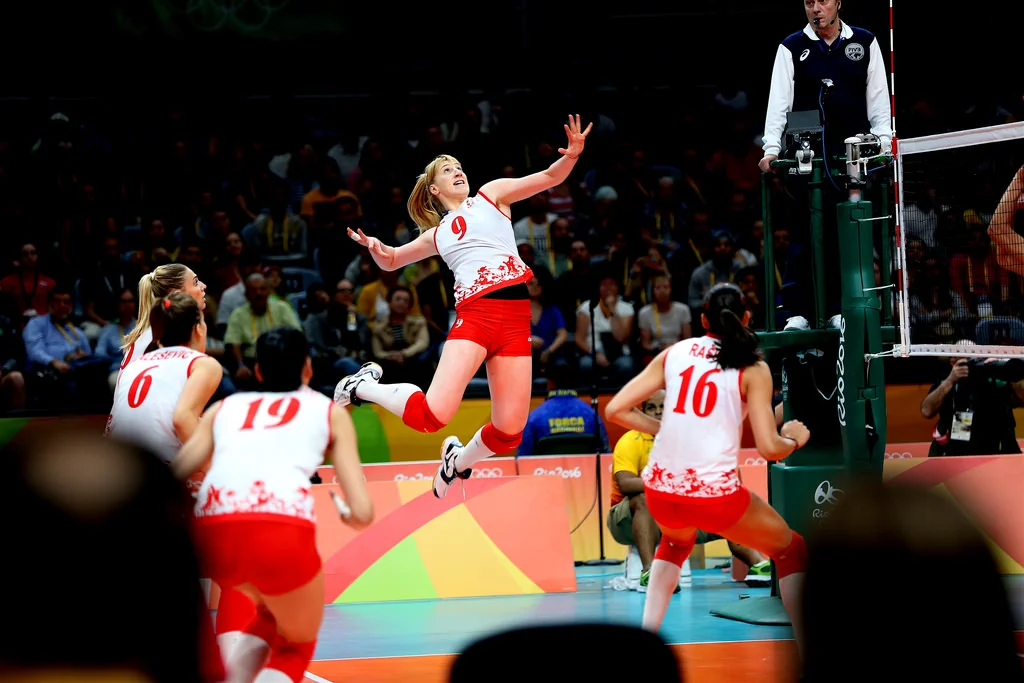
The Photographers of Rio 206
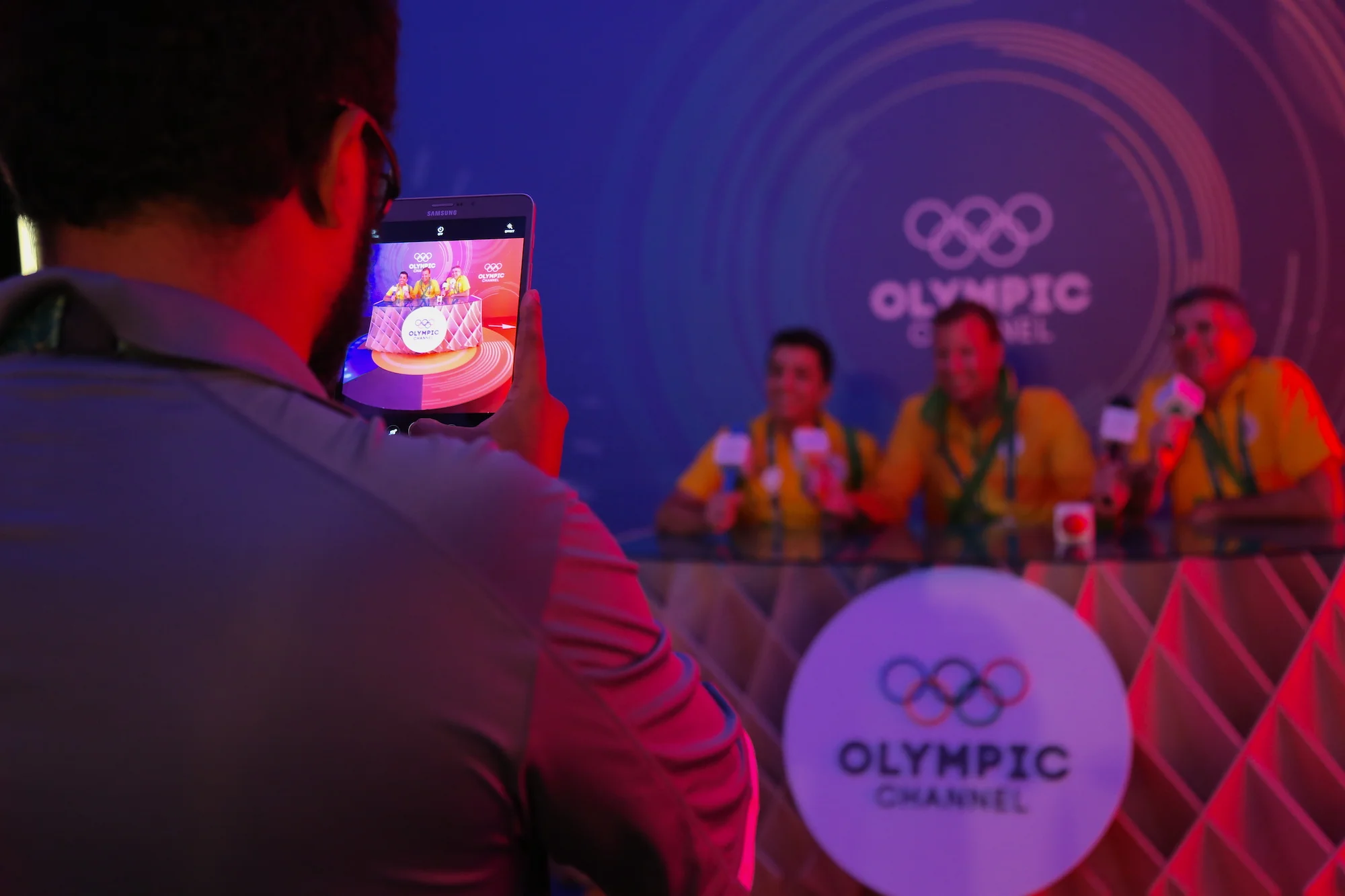
How will the Olympic Channel change television?
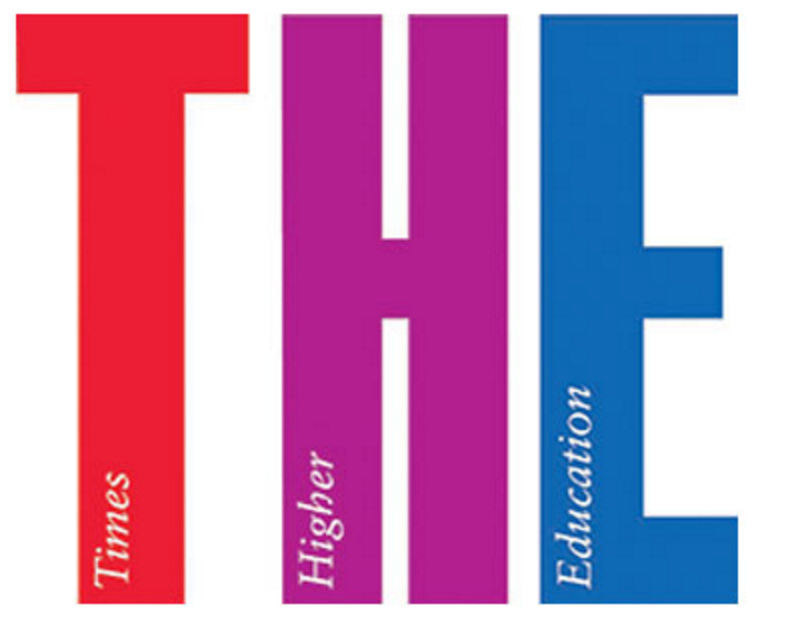
Why academics should care about social media

The A-Z of Social Media for Academia - Re-launch
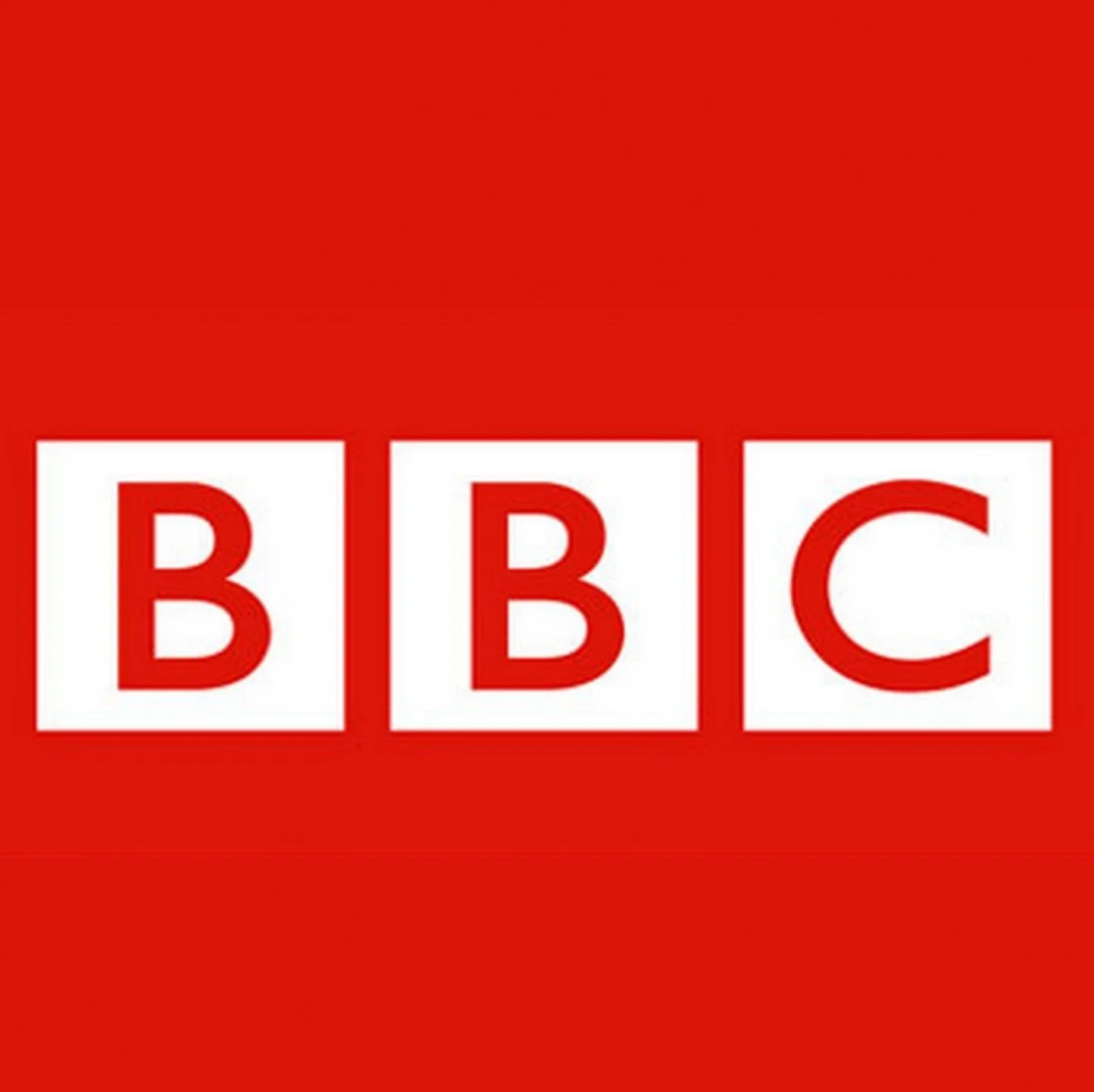
Why are the #Rio2016 Olympic Games fans booing so much?
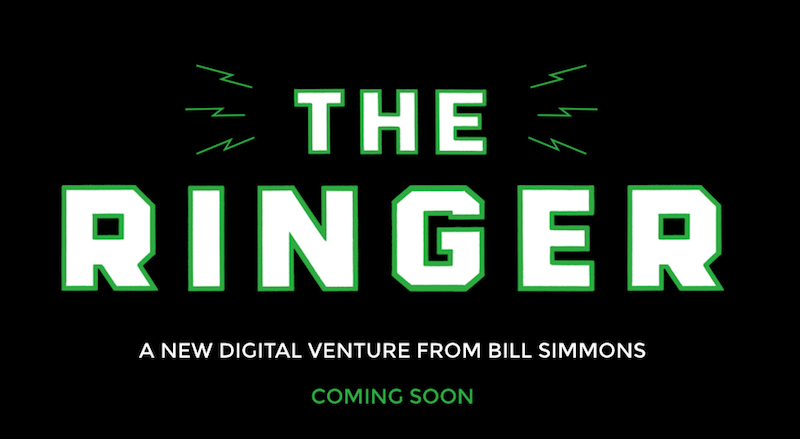
Neurodoping is the next big thing
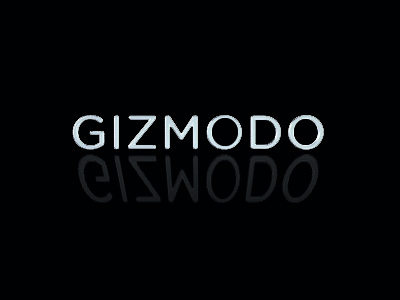
Anti-Doping has a bigger problem than they realise
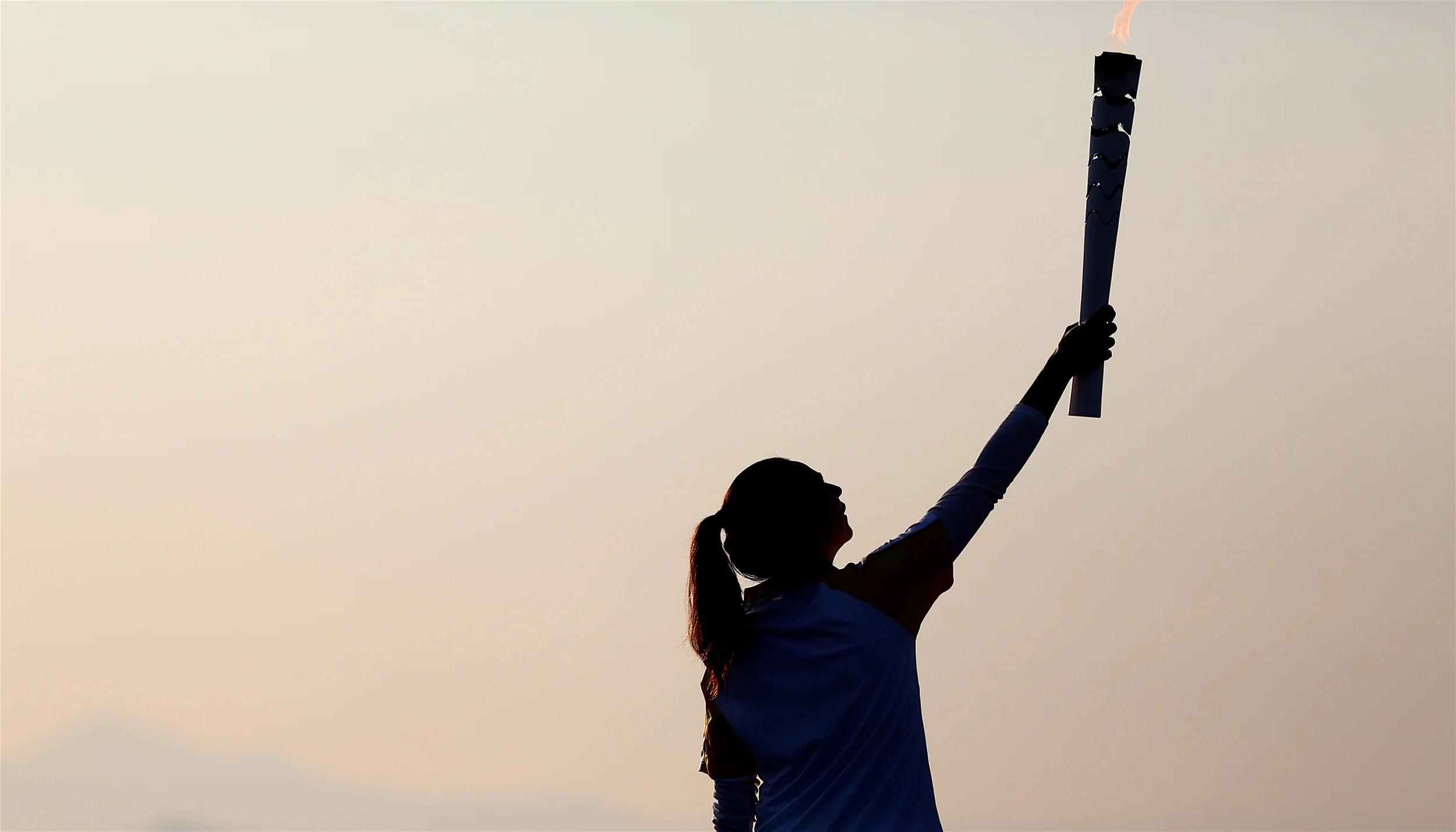
Rio 2016 Olympic Games

The Drugs Won #Rio2016
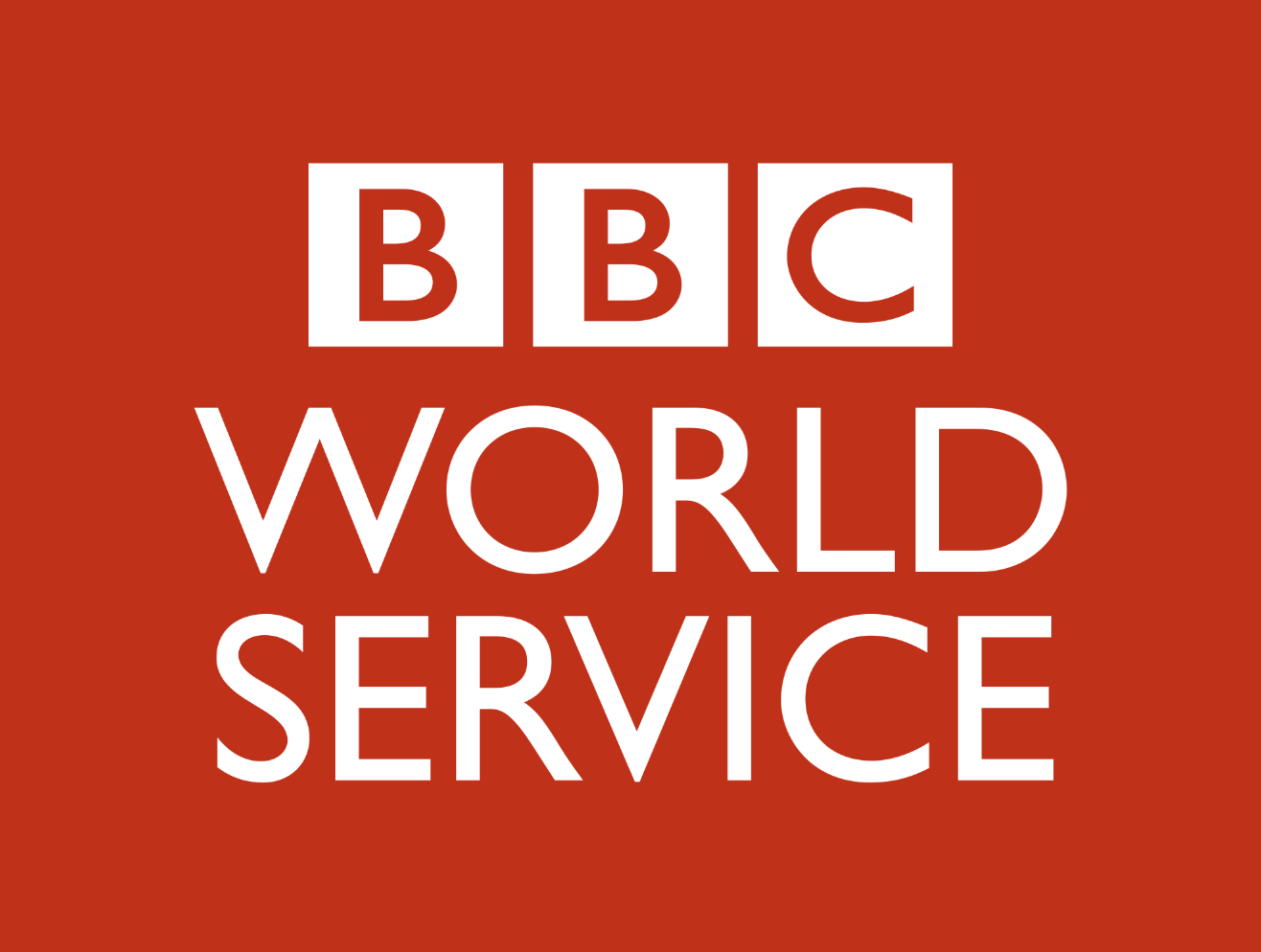
Is the Olympic Ideal over? (No)

Young Science Reporters #ESOF16
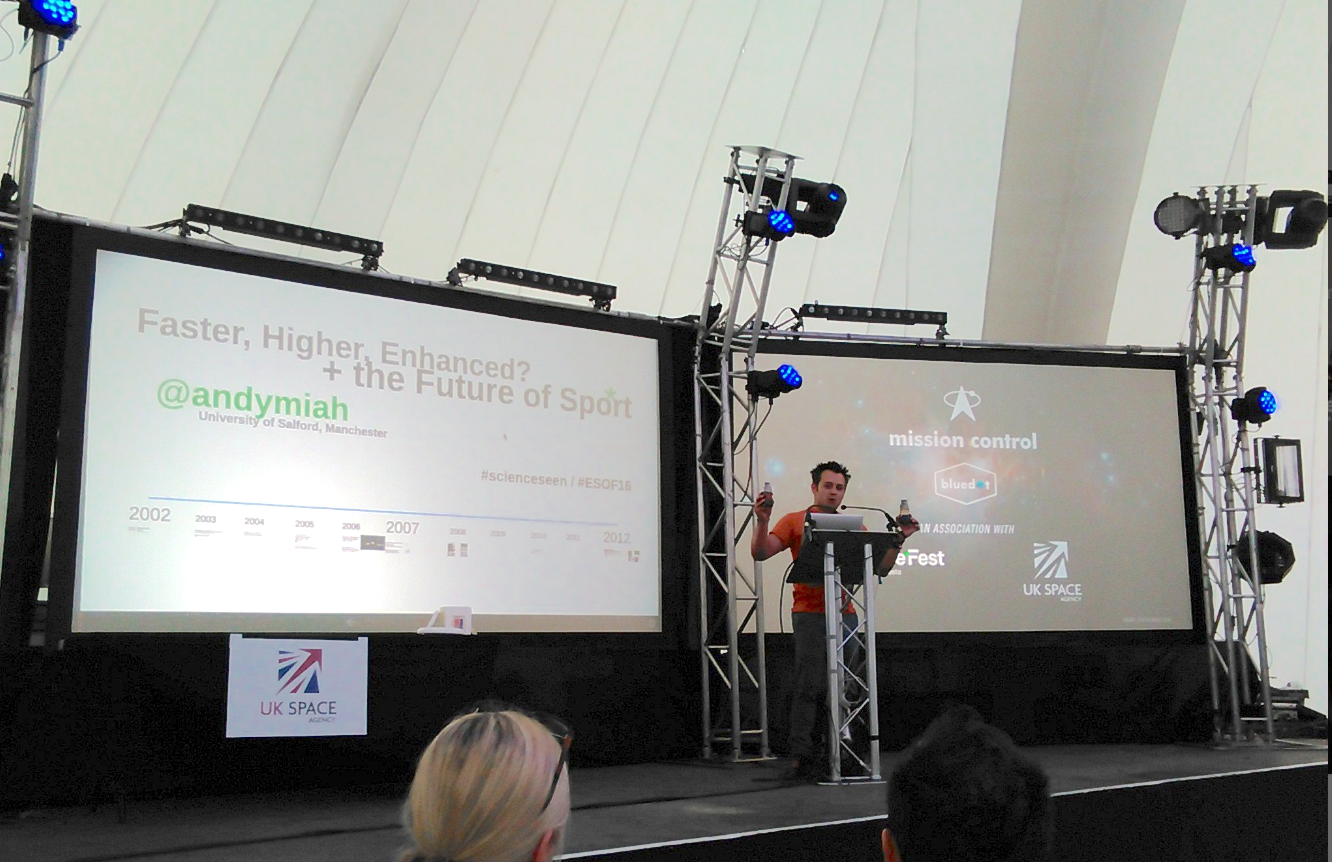
BlueDot Festival
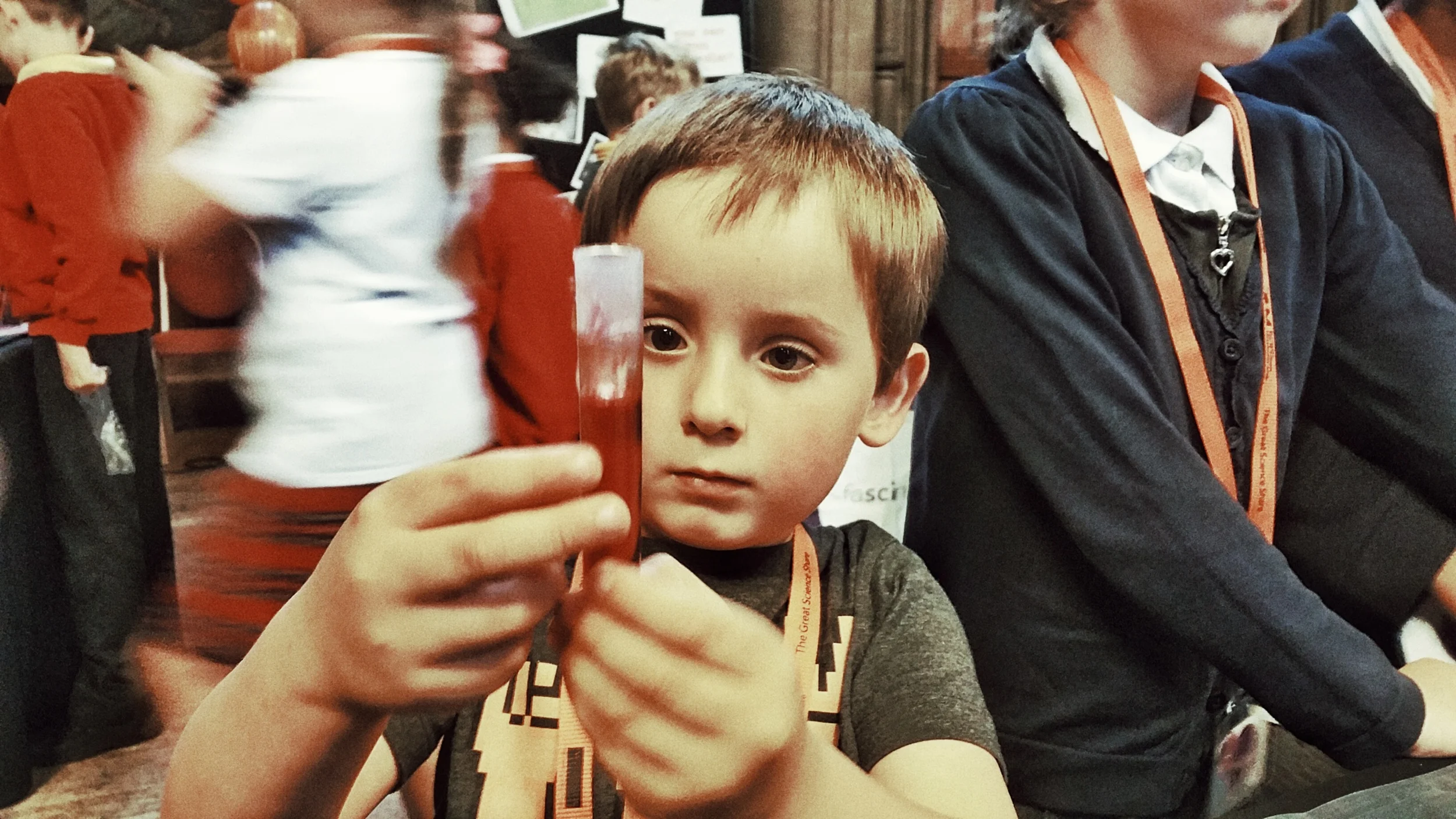
The Great Science Share
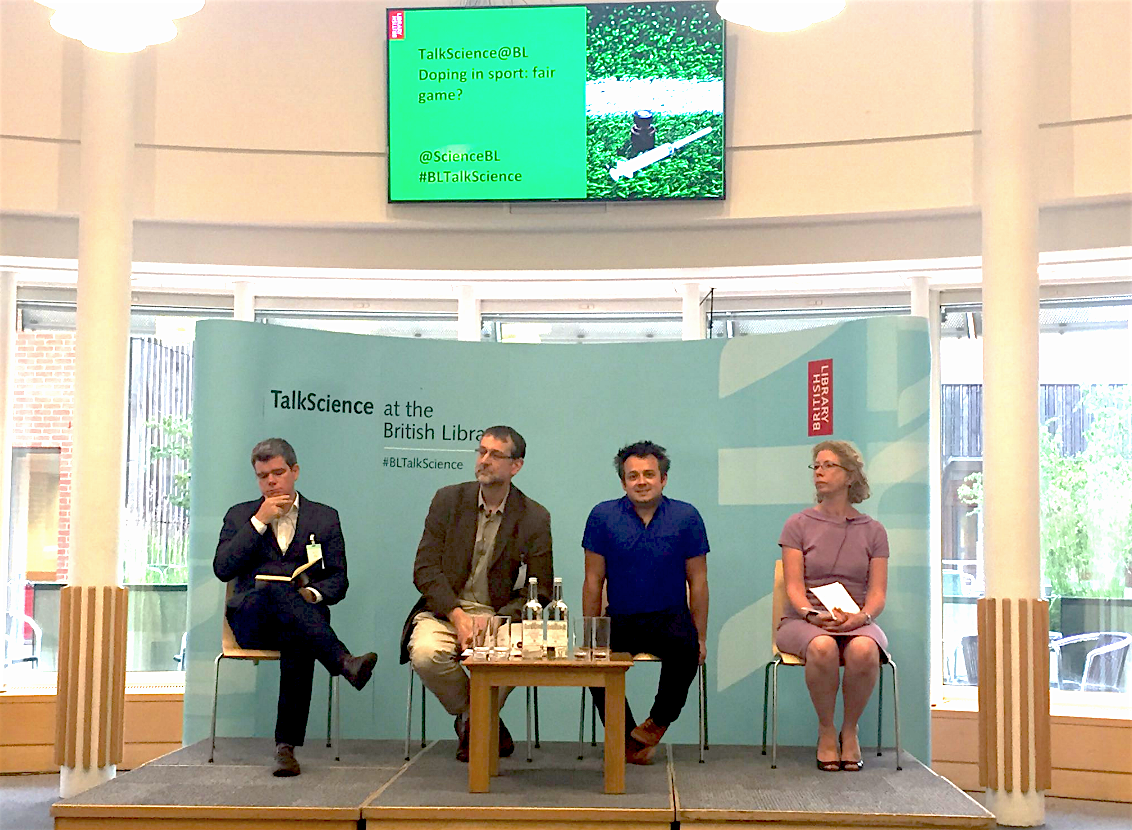
Why we need a World Pro-Doping Agency
